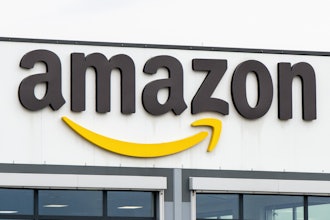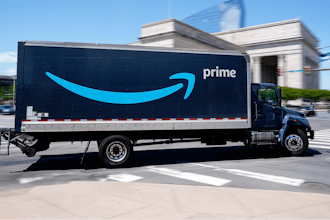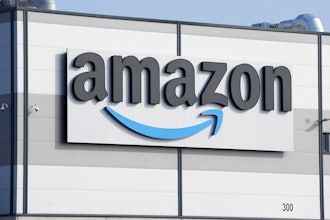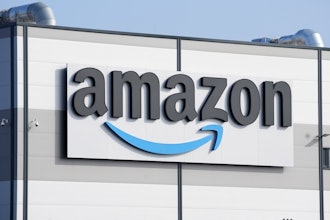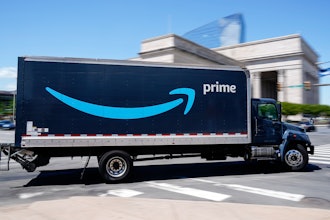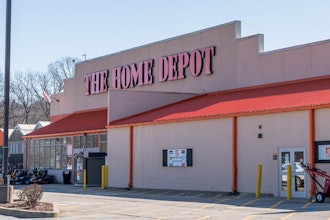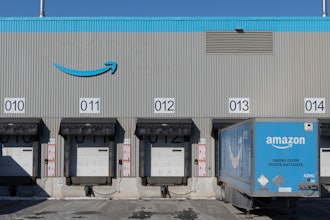Industrial distributors are facing a significant challenge from their B2B customers: Provide a rich online experience that’s similar to a consumer’s online retail experience, or risk losing them to a manufacturer or competing distributor.
E-commerce has permeated every facet of the industry, fostering faster response times and tighter margins while increasing expectations for customer service and value. According to UPS’s Industrial Buying Dynamics study conducted by global research firm TNS, nearly three quarters of industrial product buyers said they would change to distributors that provide a more user-friendly website experience. Once the decision is made to change providers, 34 percent of online industrial products buyers said they would go outside of their existing supplier base to make their first online purchase.
Customers are branching out. They’re trying new things. Talking with new vendors. Looking for new roads to improve their business. These changes have brought industrial distributors to a proverbial fork in the road – offer your customers a rich e-commerce experience, as if they were in a retail environment, or risk losing their business to competitors.
Industrial distributors that provide this rich online experience will find a future lined with opportunities. This prosperity will stem from better customer service, lower costs, enhanced purchase pattern metrics and bolstered efficiency.
Using e-commerce as your company’s primary method for such transactions also offers new avenues for improving your business as a distributor. E-commerce speeds the process from order to sale while reducing the risk of errors. Analytics track customer behavior on your website and offer valuable insights on products that were explored but not purchased — and when sales were abandoned. Sales and service teams can then spend more time advancing business opportunities with current and prospective customers.
This growing reliance on e-commerce comes at a critical time for industrial distributors. Purchasers see little difference between buying from a distributor or direct from a manufacturer. According to the UPS study, 64 percent of industrial products buyers have purchased directly from a manufacturer. The value of utilizing a distributor is being challenged. Differentiation and demonstrated value are critical.
One of the primary distinctions for any distributor is a broad product offering with single source shopping, billing and shipping. Industrial distributors are positioned to turn their e-commerce investment -- and the data collected from customer behavior – into unique insights and value. These advantages include overall industry knowledge, an optimized purchase experience and a higher level of customer service. By packaging this knowledge into marketable wisdom, distributors can offer the customer a rich, rewarding experience they otherwise would not receive.
A greater emphasis on e-commerce allows industrial distributors to provide enhanced order tracking and shipping visibility. Consumer demand is directly affecting customer deliverables. Supply chains have to be more nimble than ever before with greater control over price and speed to market. One of the greatest challenges that manufacturers now face is an adequate supply of skilled labor. Minimizing the time your manufacturing customers spend managing their supply chain further validates your role as a valuable team member.
The industrial distribution industry’s landscape is radically changing. Old paths to success have been replaced by new routes to growth and prosperity. Fully embracing e-commerce will light your way to providing indispensable value and ultimately spark long-term customer relationships.
Simon Bhadra is the marketing manager for UPS’s Industrial Distributor customers. Bhadra’s insights and plans facilitate close collaboration between UPS and its customers to advance the industrial distribution marketplace. He is an author of UPS’s mobile app patent.











